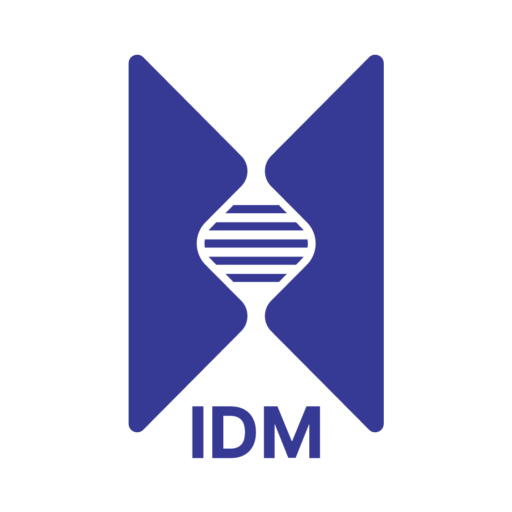Round Table, January 18 2010 – Hotel Rogner – Tirane
Albanian civil society operates in highly developed organizative capacities, which are support factors for the general practice of civil society values. The noticeable low level of civic engagement and the weak performance of civil society (oriented towards donors’ funding) in sustaining the needs and priorities of local context, apparently are the main reasons for the limited impact in the policy-making processes and social development.
In order to discuss on these dynamics, Institute for Democracy and Mediation in cooperation with leaders and representatives of civil society in Albania, specialists of relevant public institutions and other representatives from academia gathered together in a round table to address important issues of common interest like civic engagement and the impact that currently civil society has on the central and local decision-making.
In this frame, IDM has published a policy brief “An Action Agenda for Civil Society: The path to increased impact and civic engagement” which sums up and addresses some key issues for the society. The policy brief offers the public discourse a multitude of facts and data related to questions of public concern such as attitudes towards democratic principles, level of discrimination and intolerance towards specific categories like Roma community or sexual minorities. Less than 50% of interviewed organizations consider important the needs and priorities of different social groups (the marginalized communities).
Meanwhile only 18.4% of citizens are active members of social organizations from civil society.
The skepticism among citizens towards engagement and the dominant opinion that “change comes from above” are noticeably a consequence of concerns related to civil society governance and low level of trust in policy-making actors and processes.


